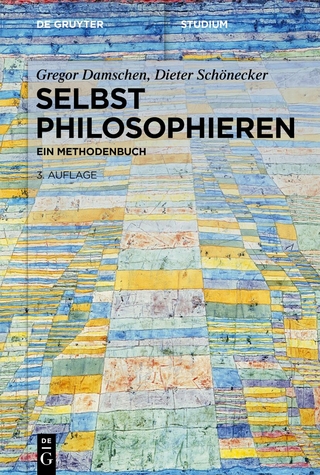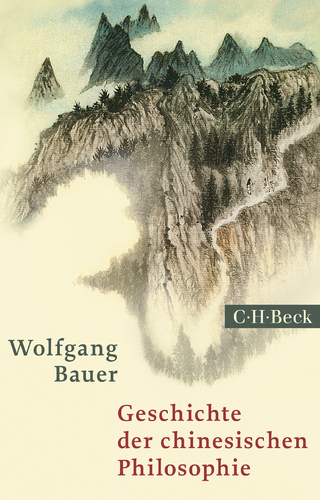
Between Form and Event: Machiavelli's Theory of Political Freedom
Springer (Verlag)
978-0-7923-6533-4 (ISBN)
Before Machiavelli, political freedom was approached as a problem of the best distribution of the functions of ruler and ruled. Machiavelli changed the terms of freedom, requiring that its discourse address the demand for no-rule or non-domination. Political freedom would then develop only through a strategy of antagonism to every form of legitimate domination. This leads to the emergence of modern political life: any institution that wishes to rule legitimately must simultaneously be inscribed with its immanent critique and imminent subversion. For Machiavelli, the possibility of instituting the political form is conditioned by the possibility of changing it in an event of political revolution.
This book shows Machiavelli as a philosopher of the modern condition. For him, politics exists in the absence of those absolute moral standards that are called upon to legitimate the domination of man over man. If this understanding lies open to relativism and historicism, it does so in order to render effective the project of reinventing the sense of human freedom. Machiavelli's legacy to modernity is the recognition of an irreconcilable tension between the demands of freedom and the imperatives of morality.
The Priority of Event over Form in Machiavelli’s Discourse.- 1: The Form of the State — on Beginnings.- 1. The Priority of Form over Event in the Ancients.- 2. The Natural Origin of Political Form: the Circle of Constitutions.- 3. The Religious Origin of Political Form: the System of Authority.- 4. The Free Origin of Political Form: from the Principle of Law to the Discord of Principles.- 5. The Topology of Political Freedom.- 6. The Corruption of Political Freedom: The Modem State as Civil Prince.- 2: Machiavelli’s Theory of History: Modes of Encounter between Action and Time.- 1. The Encounter of Action and Times as Explanation of Fortuna.- 2. From Action as Correspondence with the Times to Action as Changing the Times.- 3. History as Effect of Free Action: Fortuna and Virtù in The Prince.- 4. The People as Subject Matter of History: Fortuna and Virtù in the Discourses on Livy.- 3: The Event of the Republic — The Return to Beginnings.- 1. The Aporetic Foundation of Political Freedom.- 2. The Theory of Return to Beginnings.- 3. The Revolutionary Event: Theory of Political Change.- 4. Theory of Citizenship and Ethically-Contradictory Action.- Conclusion The Machiavellian Legacy: Origin and Outcomes of the Conflict Between Politics and Morality in Modernity.- Index of Names.
| Erscheint lt. Verlag | 30.11.2000 |
|---|---|
| Reihe/Serie | Topoi Library ; 2 |
| Zusatzinfo | XI, 355 p. |
| Verlagsort | Dordrecht |
| Sprache | englisch |
| Maße | 156 x 234 mm |
| Themenwelt | Geisteswissenschaften ► Philosophie ► Allgemeines / Lexika |
| Geisteswissenschaften ► Philosophie ► Geschichte der Philosophie | |
| Geisteswissenschaften ► Philosophie ► Philosophie der Neuzeit | |
| Sozialwissenschaften ► Politik / Verwaltung ► Politische Theorie | |
| ISBN-10 | 0-7923-6533-X / 079236533X |
| ISBN-13 | 978-0-7923-6533-4 / 9780792365334 |
| Zustand | Neuware |
| Haben Sie eine Frage zum Produkt? |
aus dem Bereich


